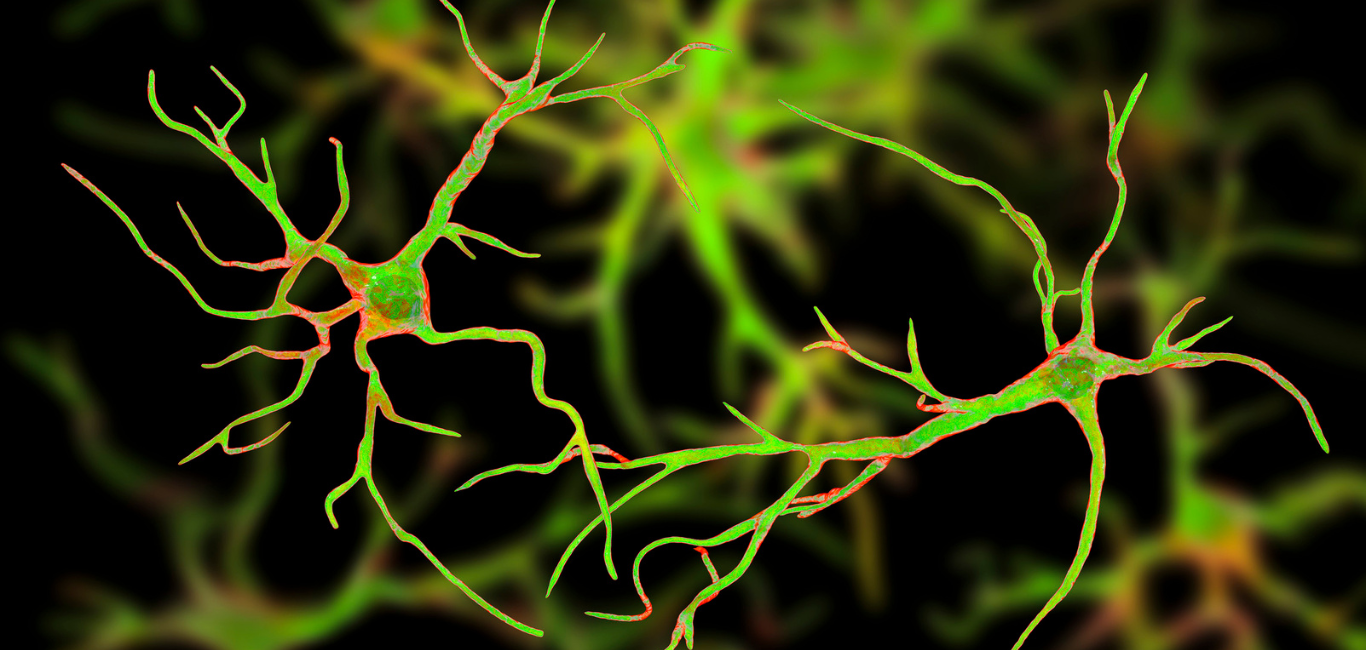
How and what causes Amyotrophic Lateral Sclerosis (ALS), a neurological condition where the neurons involved in the voluntary movement (motor neurons) degenerate over time, remains unclear. This progressive decline in neuron health results in paralysis, difficulty breathing, chewing, speaking, and moving. To date, there is no clear evidence of the underlying reasons for progressive neurodegeneration.
Read more: Stalling the march of motor neuron disorder
To fill this gap, researchers from the Karolinska Insititute, Sweden, found that immune cells called T cells could play a significant role in the progression of ALS. T-cells are among the myriad molecular protectors in the immune system that help eliminate infected cells and modulate inflammation. The study was published in the journal Nature Communications early November 2022.
“The study could contribute to developing new treatments that target immune cells to slow down the course of the disease [ALS],” says Solmaz Yazdani, doctoral student at the Institute of Environmental Medicine at Karolinska Institute and first author of the study, in a statement.
The researcher harnessed an emerging approach to study how immune cells influence neurodegenerative conditions like ALS. Several previous studies have found many immune cells called lymphocytes in the blood of people with ALS. Based on this, the researchers of the current study wanted to investigate how these lymphocytes affect the nervous system causing inflammation in ALS. Lymphocytes are a type of white blood cell that fight infections and clear out damaged cells.
Which way the scale tips
The researcher found that two types of T -cells dominated the progression of ALS.
- High levels of regulatory T-cells slowed its progression
- Elevated levels of effector T-cells worsened ALS symptoms by increasing inflammation
The progression of ALS depends on either of these cells that are predominant in the blood.
The researchers arrived at these findings after analysing the blood and cerebrospinal fluid (fluid surrounding the spine and brain) of 89 people with ALS. They traced the T-cells in the samples with the help of an advanced laser-based technique.
The next steps
“These findings add new evidence to the involvement of T-cells in the disease progression of ALS,” say the researchers in the paper. The study supports the idea that modulating the immune system could be a potential treatment option for ALS.
The scientists plan to scale up their research by studying how T -cells contribute to ALS and understand the role of effector T-cells in greater detail. “We have plans to collect samples from these individuals to study changes in the immune cells over time,” says Yazdani.

















